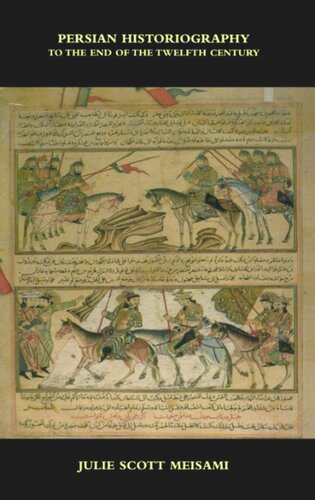

Most ebook files are in PDF format, so you can easily read them using various software such as Foxit Reader or directly on the Google Chrome browser.
Some ebook files are released by publishers in other formats such as .awz, .mobi, .epub, .fb2, etc. You may need to install specific software to read these formats on mobile/PC, such as Calibre.
Please read the tutorial at this link: https://ebookbell.com/faq
We offer FREE conversion to the popular formats you request; however, this may take some time. Therefore, right after payment, please email us, and we will try to provide the service as quickly as possible.
For some exceptional file formats or broken links (if any), please refrain from opening any disputes. Instead, email us first, and we will try to assist within a maximum of 6 hours.
EbookBell Team

4.1
80 reviewsWinner of the 1999 British-Kuwait Friendship Society Prize in Middle Eastern Studies.
Described by the BKFS reviewer as A ground-breaking work on a subject that has been almost totally neglected."
"Why write history in Persian?" Persian historical writing has received little attention as compared with Arabic, especially as seen in the early (pre-Mongol) period. Within the larger context of the development of Islamic historiography from the 10th through the 12th centuries, the case of Persian historical writing demands special attention. Discussions tend to concentrate on its sources in pre-Islamic Persian and in Arabic works, while the reasons for its emergence, its connections with Iranian and Arabic models, its political and cultural functions, and its reception, have been virtually ignored. This study answers these questions and addresses issues relating to the motivation for writing the works in question; its purpose; the role of the author, patrons and audiences; the choice of language and the reasons for that choice; the place of historical writing in the broader debate over the suitability of Persian for scholarly writing.